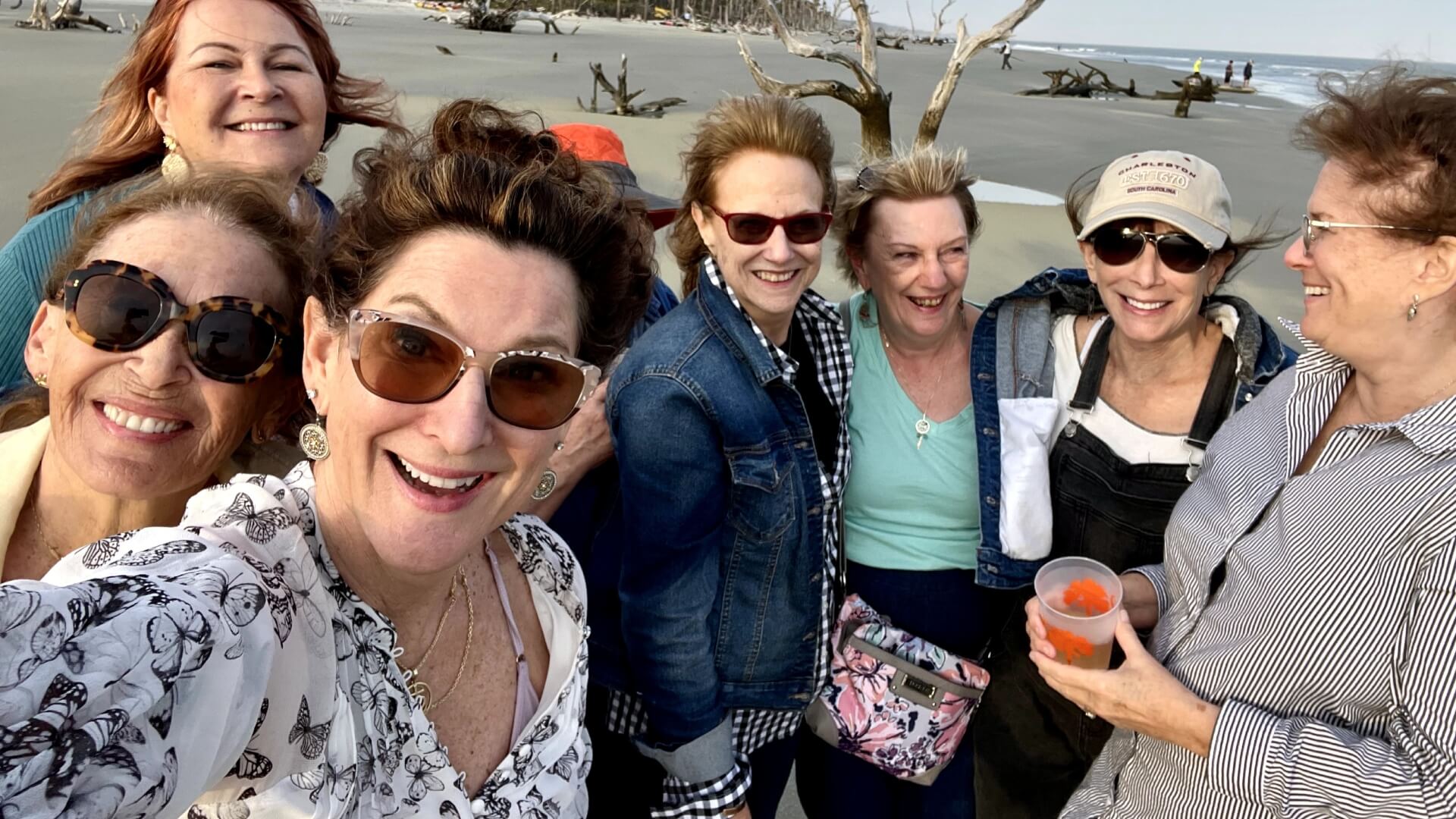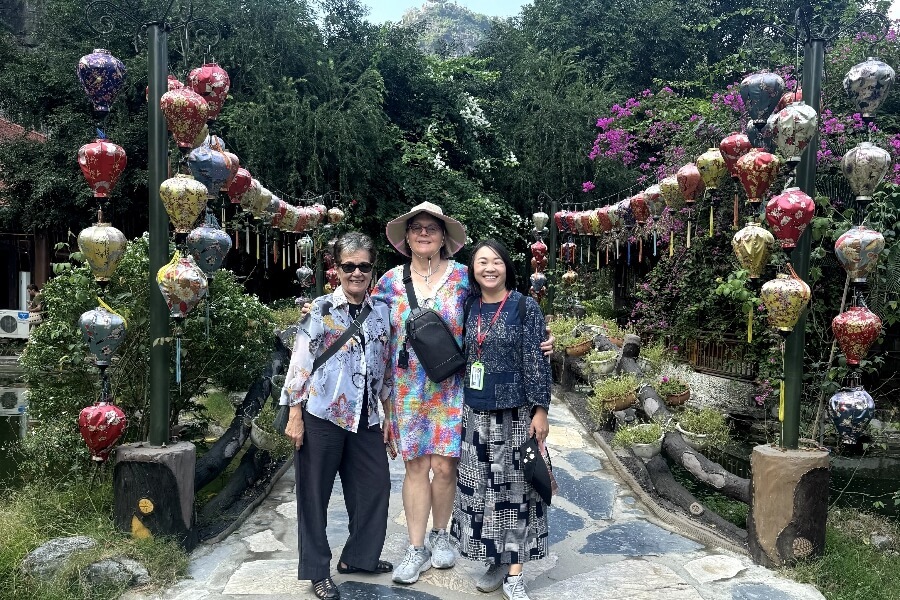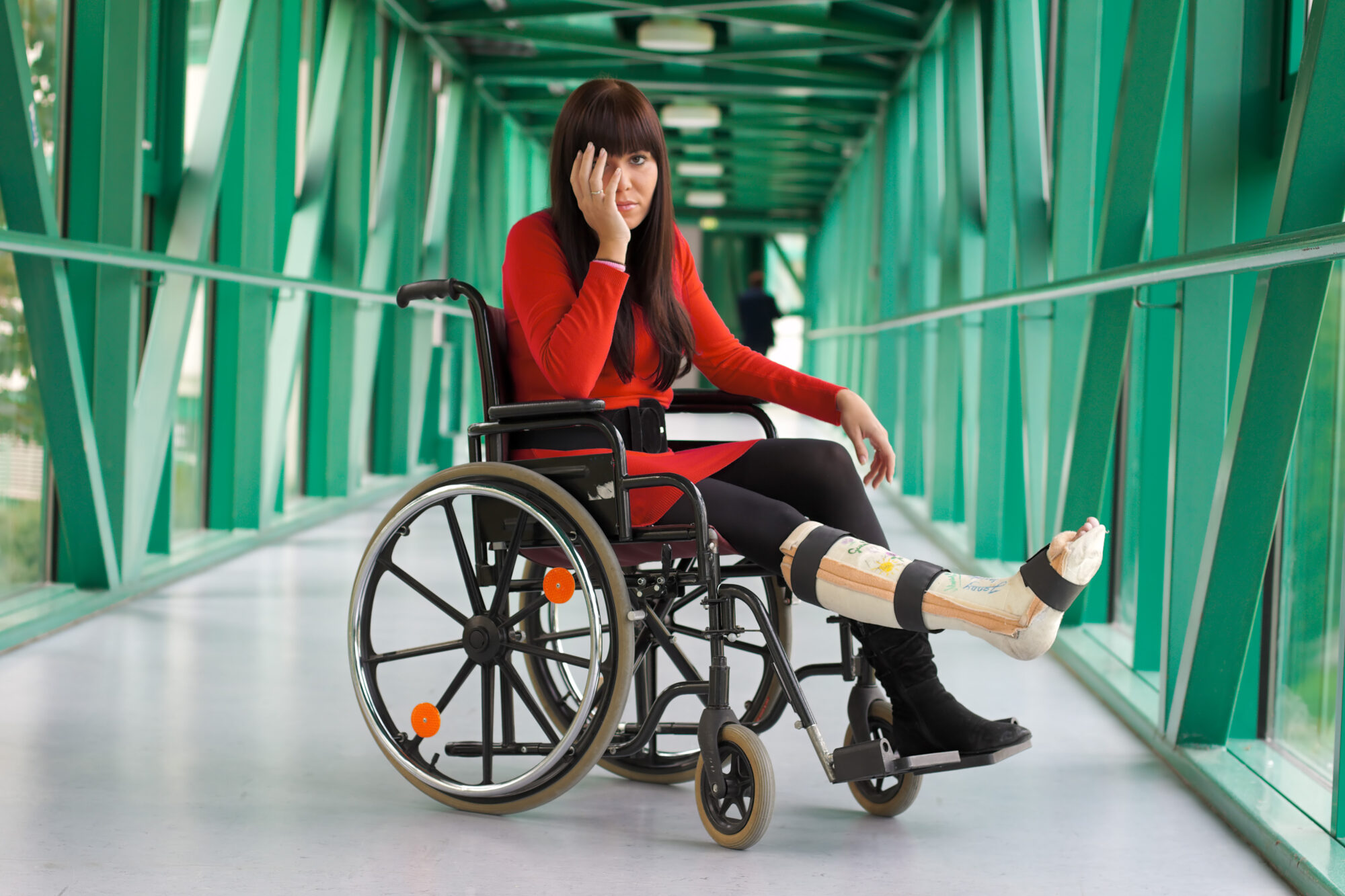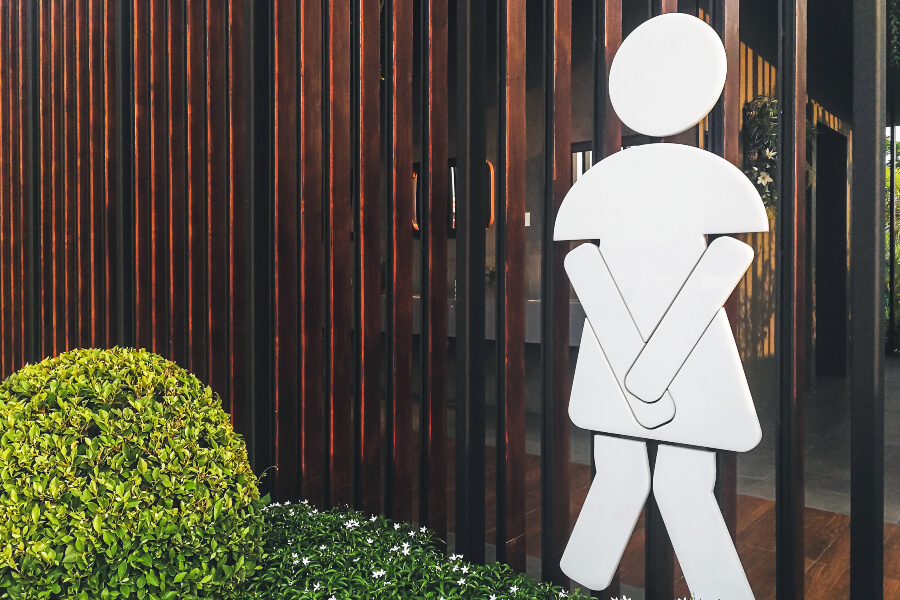One summer evening in 1965, my best friend’s mother corralled my father on our tiny Philadelphia neighborhood front porch. While it wasn’t unusual for neighbors to congregate on each other’s postage stamp-sized spaces, it was odd that “Aunt Lilly” took my father inside the house to talk.
As I learned later that night during a highly uncustomary father–daughter conversation, Lilly’s daughter, my best friend “Marsha,” was pregnant at age 15.
Lilly, like so many parents of pregnant teens, had nowhere to turn for help in those dark ages before the U. S. Supreme Court passed the landmark Roe v Wade decision in 1973, ruling that women have an unfettered constitutional right to the procedure during their first trimester, or 12 weeks, of pregnancy.
She had learned there was another option–an illegal, backroom abortion in Atlantic City.
Marsha had been seduced by a college-aged man. She had no idea she was pregnant until she confided in her mother that her period had stopped … for over two months!
Lilly could not abide allowing her daughter to carry this unwanted child to term; she considered that Marsha had been raped. Marsha was a good student and Lilly didn’t want her curtailing her high school education, nor could she face the derision and shame of sending her daughter to the only alternative of the era – an unwed mother’s home in nearby Atlantic City, New Jersey. Lilly could not let her baby have a baby.
As a successful bookkeeper for a well-connected employer, Lilly had learned there was another option, also in Atlantic City–an illegal, backroom abortion. She turned to my father, who at age 65, was our neighborhood’s “elder statesman” for help.
Read More: The Abortion Debate: What Women Our Age Know Better Than Anyone
My Father, the Hero
Almost forty years senior to most other fathers in our community, my father was a trusted, non-judgmental elder. It was well known that he had lived in Atlantic City where, newly widowed in his thirties, he had raised my half-brother as a single father. Marrying my mother later in life, he was already fifty in 1950, when I was born. Marsha’s parents, by contrast, were still in their late 20s.
The request tested every ounce of my father’s moral fiber.
It was also well known among our neighbors that my father had lived through unthinkable traumas faced by his Jewish immigrant family, who had fled the murderous pogroms of late 19th century Europe. He had grown up in extreme poverty, sharing a one-room, five-story walkup, cold water flat in Brooklyn, NY with five siblings and traumatized parents who spoke no English. During the depression he had witnessed the suicide of his employer, a member of the banking Rothschild family, who had written a glowing job endorsement for my young father before jumping from the high-rise office building in Manhattan where he worked. My father’s adversities had made him more understanding of others’ hardships. Our neighbors knew that, and so Lilly sought his help.
Nevertheless, her request that he drive her and Marsha to the “office” of a man who would terminate the pregnancy tested every ounce of my father’s own moral fiber. Yet, as a man of honor, he could not refuse.
Later that night, my father made me his ally in this plan. In plain language he explained Lilly and Marsha’s plight, swearing me to secrecy. Under no circumstances was I to ever tell anyone about Marsha’s “mistake,” and the trip we would make that Saturday “down the shore.” Marsha’s father, a WWII Navy veteran, “could never know.”
Becoming an Adult at 15
That night I became an adult. My father, whom I adored, had initiated me into what it meant to risk everything to help someone else. I learned about the consequences of unprotected sex, of which at the time I knew nothing. My friendship with Marsha deepened to a level not typical of teens just going through the thralls of the British music invasion and Motown dancing. Most importantly, my father grew in my estimation to a hero.
My father’s act of kindness would have made him a target of citizen bounty hunters in Texas.
While it may seem unimaginable that today’s Baby Boomers had such inadequate access to sex education, safe sex practices, and safe, legal abortions, for many of my generation, that was the situation. We were at the dawn of the sexual revolution. I think of this time as “The Last Age of Innocence.”
Fortunately, that trip to a backroom office adjacent to Atlantic City’s infamous boardwalk was successful. Marsha suffered pain, but she survived. After finishing her education, with a solid career, she married and went on to have healthy family of her own, by her own choice. However, that has not been the case for countless other women.
At the time, I didn’t realize how much my father had risked by aiding his neighbor.
Even Worse Could Happen Today
In the recent unsigned ruling backed by a narrow 5-4 Supreme Court majority, Texas law will allow banning all abortions after six weeks of pregnancy. As concerning, it allows any private citizen to sue Texas abortion providers who violate the law, as well as anyone who “aids or abets” a woman getting the procedure. And while abortion patients themselves cannot be sued, the law makes no exceptions for rape or incest.
This chilling, Orwellian scenario brings into sharp focus how my father’s act of kindness would have made him a target of citizen bounty hunters. It means other good Samaritans like my father now can face such Big Brother consequences.
The Texas situation represents the biggest curb to the constitutional right to an abortion in decades. It signals the race to the bottom for women’s rights over their own bodies. We must raise our voices against this step back into the backrooms.
Read More: 40 Years Later, I Still Have Conflicting Emotions About My Abortion
***
Susan Schaefer is a widely published independent journalist, creative writer, and poet. Born and raised in Philadelphia, she was co-publisher and editor of its downtown biweekly, the South Street Star. She is a freelance contributor to Next Age and was a columnist and features writer for Minneapolis’ Southwest Journal and Minnesota Good Age magazine.





















0 Comments